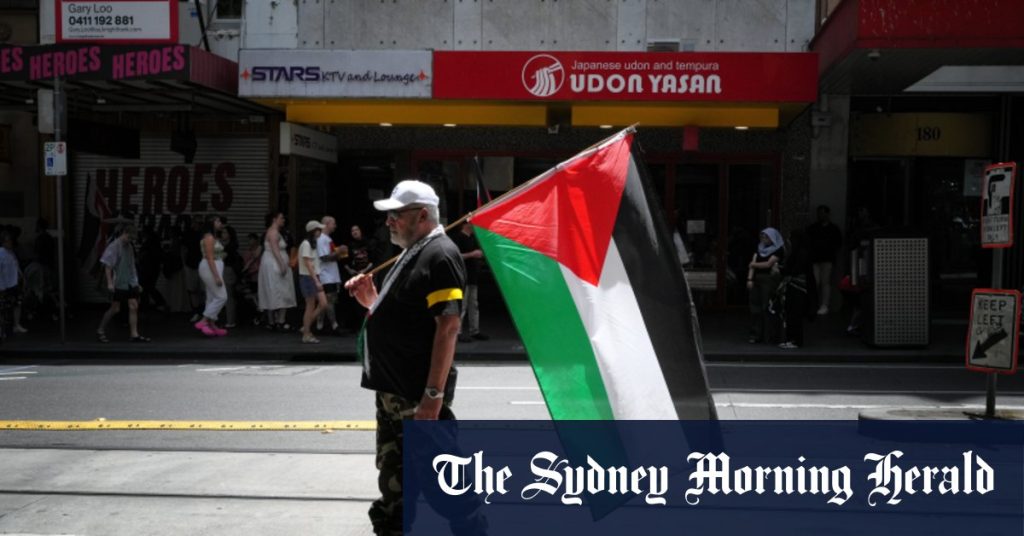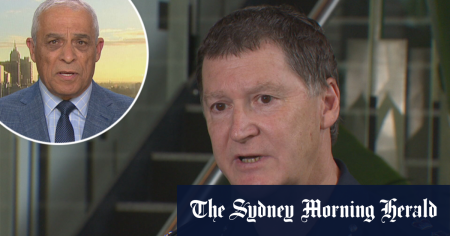Monthly Protests: A Strategic Shift
Protest organizers in Melbourne have announced a significant shift in their strategy, moving from weekly to monthly demonstrations. This decision comes as a response to the evolving geopolitical landscape and the ongoing conflict in the Middle East. The organizers have urged supporters to utilize the additional time between rallies to promote their cause more widely through posters and social media updates. This strategic move aims to maintain momentum while allowing for more in-depth planning and coordination.
Government Pressure and Community Impact
In December, Premier Jacinta Allan called for an end to the weekly protests in Melbourne, citing concerns about the intimidation of Jewish people. Despite this pressure, the organizers have maintained that the reduction in protest frequency is not a reflection of government influence but rather a strategic decision to enhance the effectiveness of their actions. Mashni, a prominent organizer, stated that the move to monthly protests is about creating space for deeper strategic thinking and planning. This approach is designed to ensure that the protests remain impactful and meaningful.
The Ceasefire and Its Implications
The decision to reduce the frequency of protests coincides with the initiation of a fragile ceasefire between Israel and Hamas. This six-week deal, involving the release of Israeli hostages and the delivery of humanitarian aid to Gaza, marks a critical juncture in the conflict. However, the ceasefire remains highly volatile, and its sustainability is uncertain. The announcement of fewer protests does not preclude the possibility of spontaneous actions should the ceasefire falter. Organizers are preparing to mobilize quickly if the situation deteriorates, emphasizing their commitment to responding to the ongoing crisis.
The Humanitarian Crisis in Gaza
The conflict in Gaza has resulted in a devastating humanitarian crisis. Hamas militants launched a surprise attack in October 2023, killing around 1,200 people, mostly civilians, and abducting 250, of whom about 100 are still being held. In response, Israel’s military operations in Gaza and the West Bank have led to the deaths of at least 62,000 people. The scale of the tragedy underscores the urgent need for a sustainable peace process and the importance of international efforts to address the humanitarian needs of those affected.
Organizers’ Commitment to Action
Mashni emphasized that the move to monthly protests does not signify a reduction in the organizers’ commitment to their cause. Instead, it represents a shift towards more strategic and impactful actions. The organizers are preparing to take swift and decisive action should the ceasefire collapse, indicating that they remain vigilant and ready to respond to developments on the ground. This approach reflects a balance between maintaining a strong presence and ensuring that their efforts are well-coordinated and effective.
Global Awareness and Solidarity
The ongoing conflict in the Middle East has captured global attention, and the organizers of the Melbourne protests are leveraging this interest to build broader support for their cause. By encouraging supporters to use the time between protests to engage in promotional activities, they aim to keep the issue in the public eye and foster a sense of global solidarity. Sign up for the weekly "What in the World" newsletter to stay informed about the latest developments and the impact of these protests on the global stage.












